Acute Leukemia
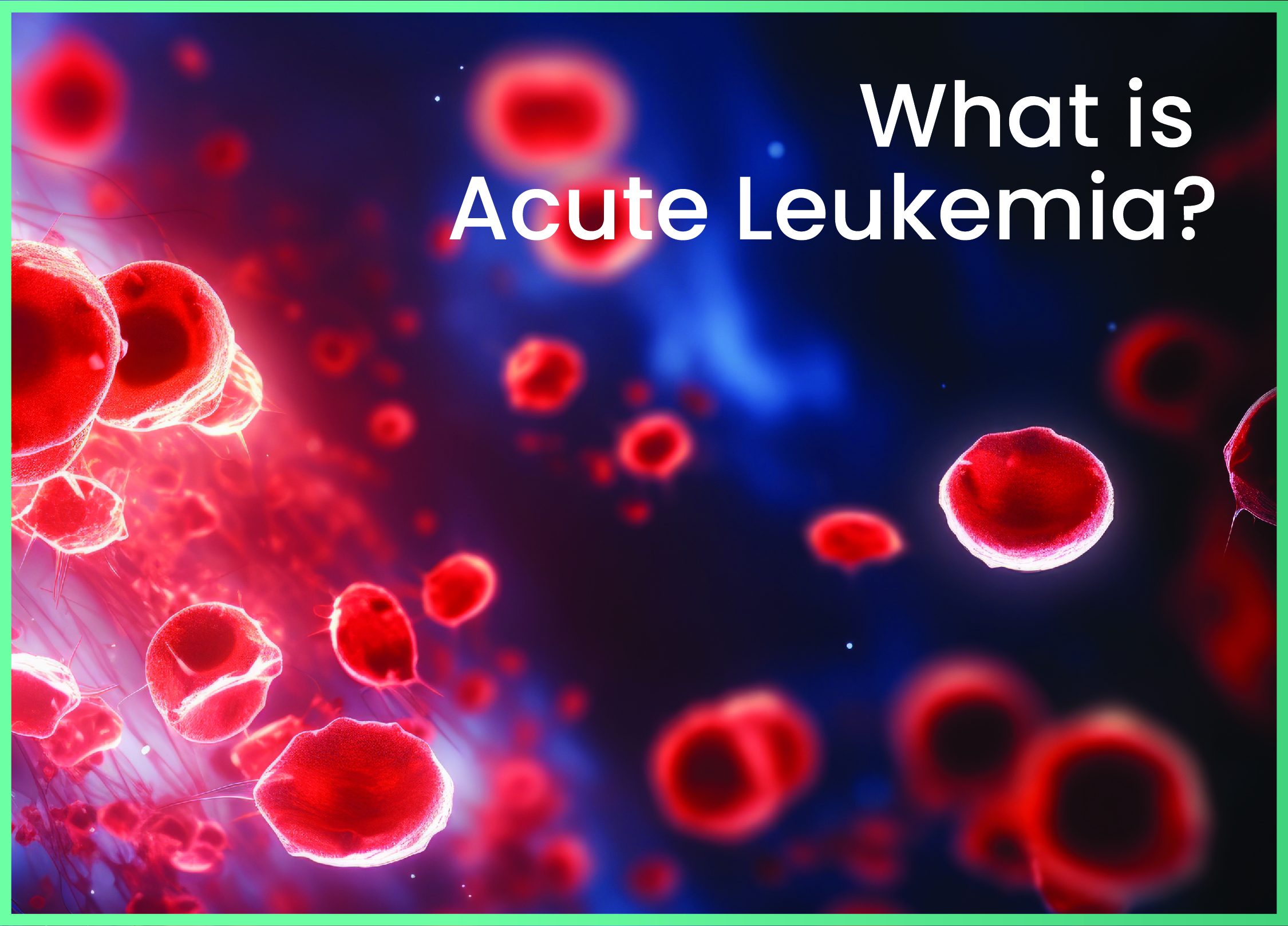
Acute leukemia is a fast-progressing and serious type of blood cancer that needs immediate medical attention. But with the right diagnosis, personalized treatment, and compassionate care, many patients can lead better and healthier lives.
What is Acute Leukemia?
Acute leukemia is a type of cancer that affects the blood and bone marrow — the soft, spongy tissue inside bones where blood cells are made. In this condition, the bone marrow starts producing abnormal white blood cells at a very fast rate. These abnormal cells don't work properly and crowd out the normal blood cells, leading to serious health problems.
Because of its rapid progression, acute leukemia is considered a medical emergency. It usually requires immediate diagnosis and treatment. It is more common in children and older adults but can occur at any age.
What is Bone Marrow and Why Does It Matter?
Bone marrow is the factory of blood in our body. It produces red blood cells (which carry oxygen), white blood cells (which fight infection), and platelets (which help with blood clotting). In acute leukemia, this production process goes haywire, leading to a large number of immature and dysfunctional white blood cells in the bloodstream.
What Causes Acute Leukemia?
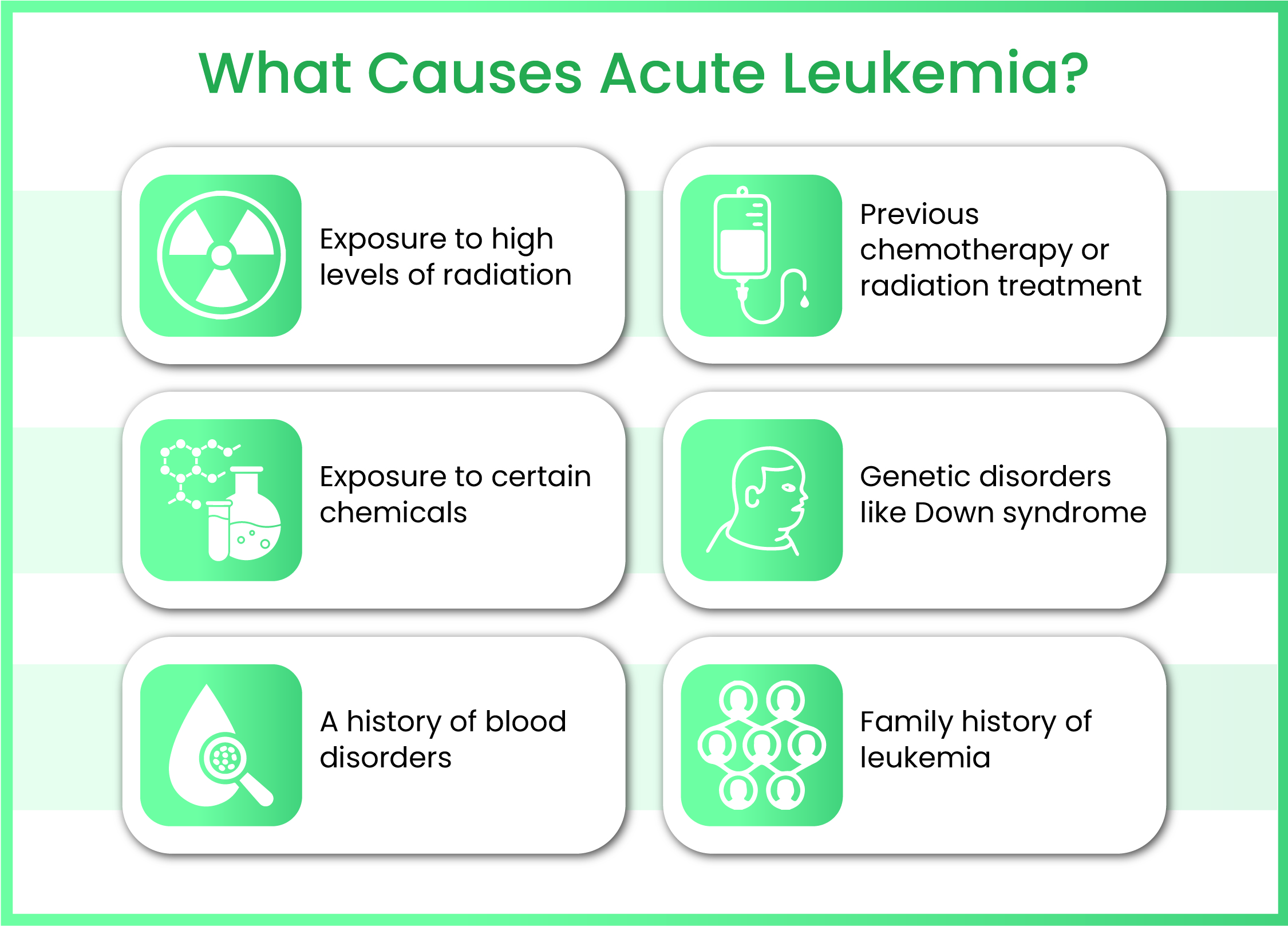
While the exact cause is not always known, several risk factors can increase the likelihood of developing acute leukemia:
- Exposure to high levels of radiation
- Previous chemotherapy or radiation treatment
- Exposure to certain chemicals
- Genetic disorders like Down syndrome
- A history of blood disorders
- Family history of leukemia
Signs and Symptoms of Acute Leukemia
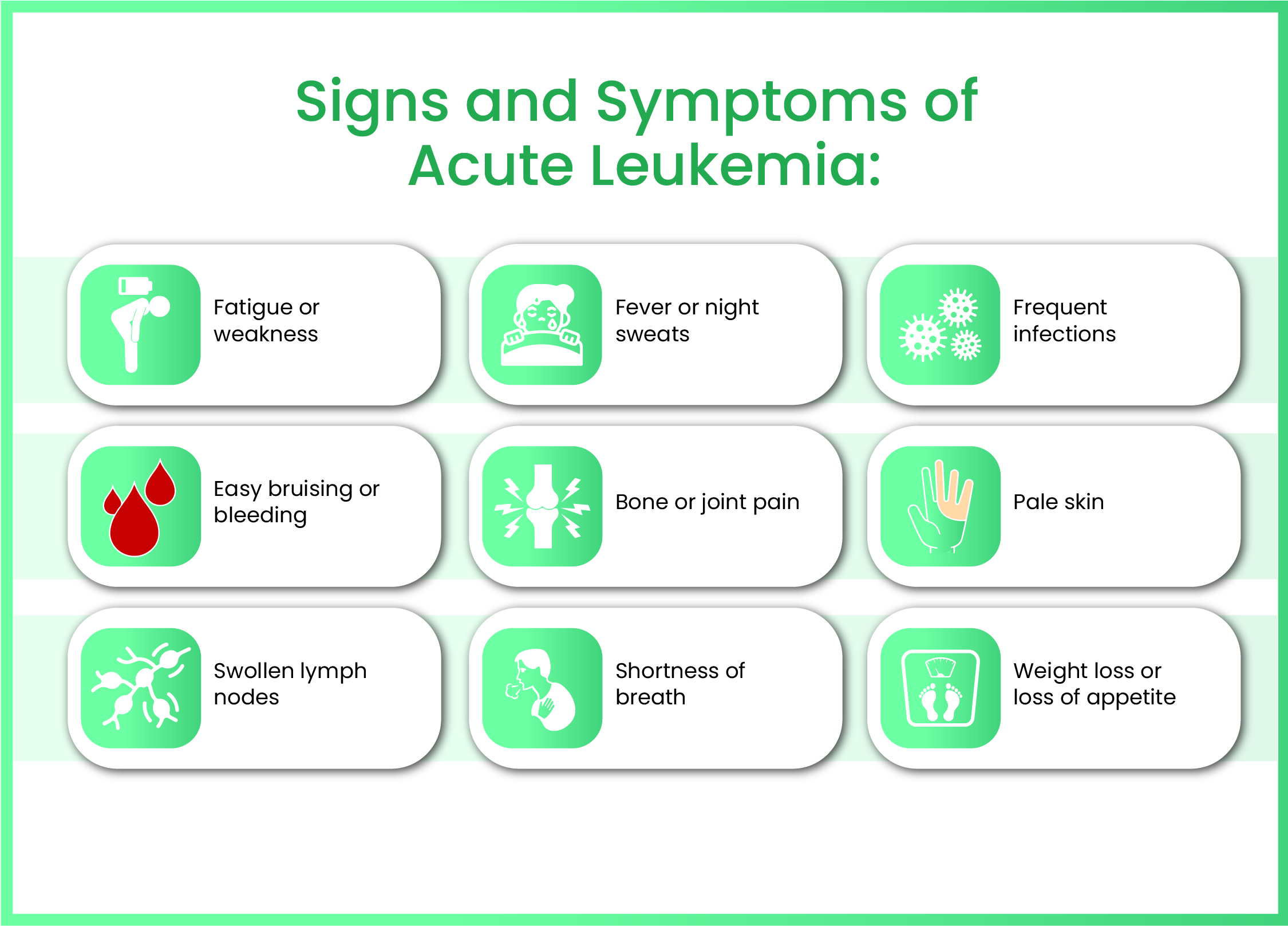
Because acute leukemia develops quickly, symptoms may appear suddenly and worsen rapidly. Here are some common signs:
- Fatigue or weakness
- Fever or night sweats
- Frequent infections
- Easy bruising or bleeding
- Bone or joint pain
- Pale skin
- Swollen lymph nodes
- Shortness of breath
- Weight loss or loss of appetite
If you or someone you know experiences these symptoms, it is crucial to consult a specialist without delay. Dr. Reetu Jain, a leading acute leukemia doctor in Mumbai, can guide you through the next steps with compassion and expertise.
Types of Acute Leukemia
There are two main types of acute leukemia:
1. Acute Lymphoblastic Leukemia (ALL)
- More common in children but can affect adults too
- Starts in early forms of lymphoid cells (a type of white blood cell)
- Fast-growing but often very responsive to treatment
2. Acute Myeloid Leukemia (AML)
- More common in older adults
- Starts in myeloid cells (cells that form red cells, white cells, and platelets)
- Aggressive but treatable with modern therapies
Knowing the exact type is essential because treatment plans are tailored based on whether it’s ALL or AML. Dr. Reetu Jain, considered one of the best hematologists in Jaslok Hospital, ensures precise diagnosis and personalized care.
How is Acute Leukemia Diagnosed?
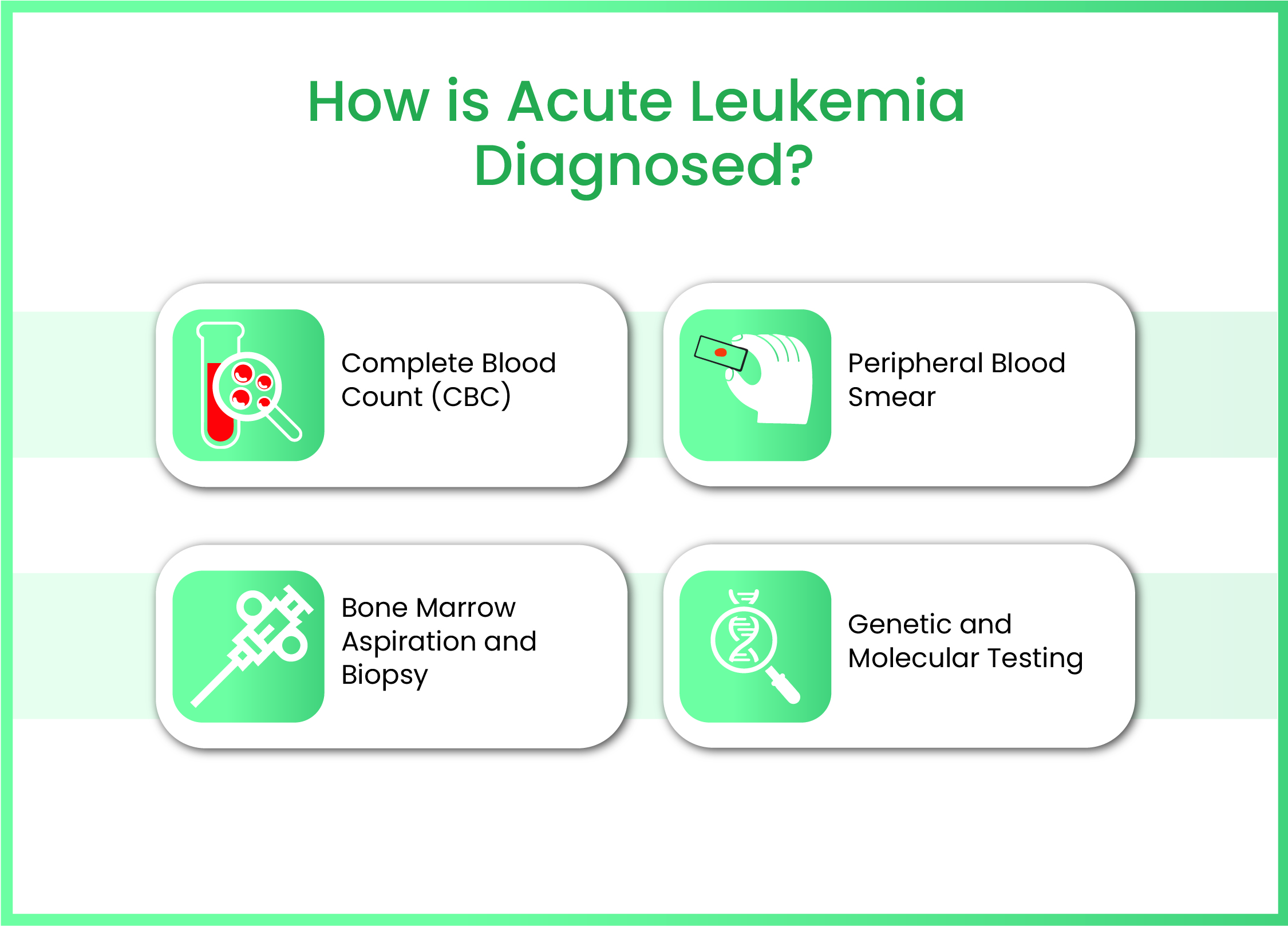
Timely and accurate diagnosis is key to treating acute leukemia. Here’s what the diagnostic journey usually looks like:
1. Complete Blood Count (CBC)
This blood test checks the levels of red cells, white cells, and platelets. In leukemia, white cells are usually very high or very low, and platelets and red cells may be low.
2. Peripheral Blood Smear
A drop of blood is examined under a microscope to look for abnormal or immature cells.
3. Bone Marrow Aspiration and Biopsy
A small sample of bone marrow is taken (usually from the hip bone) to confirm the diagnosis. This test gives detailed information about the type and extent of leukemia.
4. Genetic and Molecular Testing
These advanced tests help identify mutations or changes in chromosomes. This is important for choosing the most effective treatment.
Treatment Options for Acute Leukemia
Treatment for acute leukemia must begin quickly and may involve a combination of therapies. At Jaslok Hospital, Dr. Reetu Jain uses a multidisciplinary approach that combines the latest medical advances with holistic patient care.
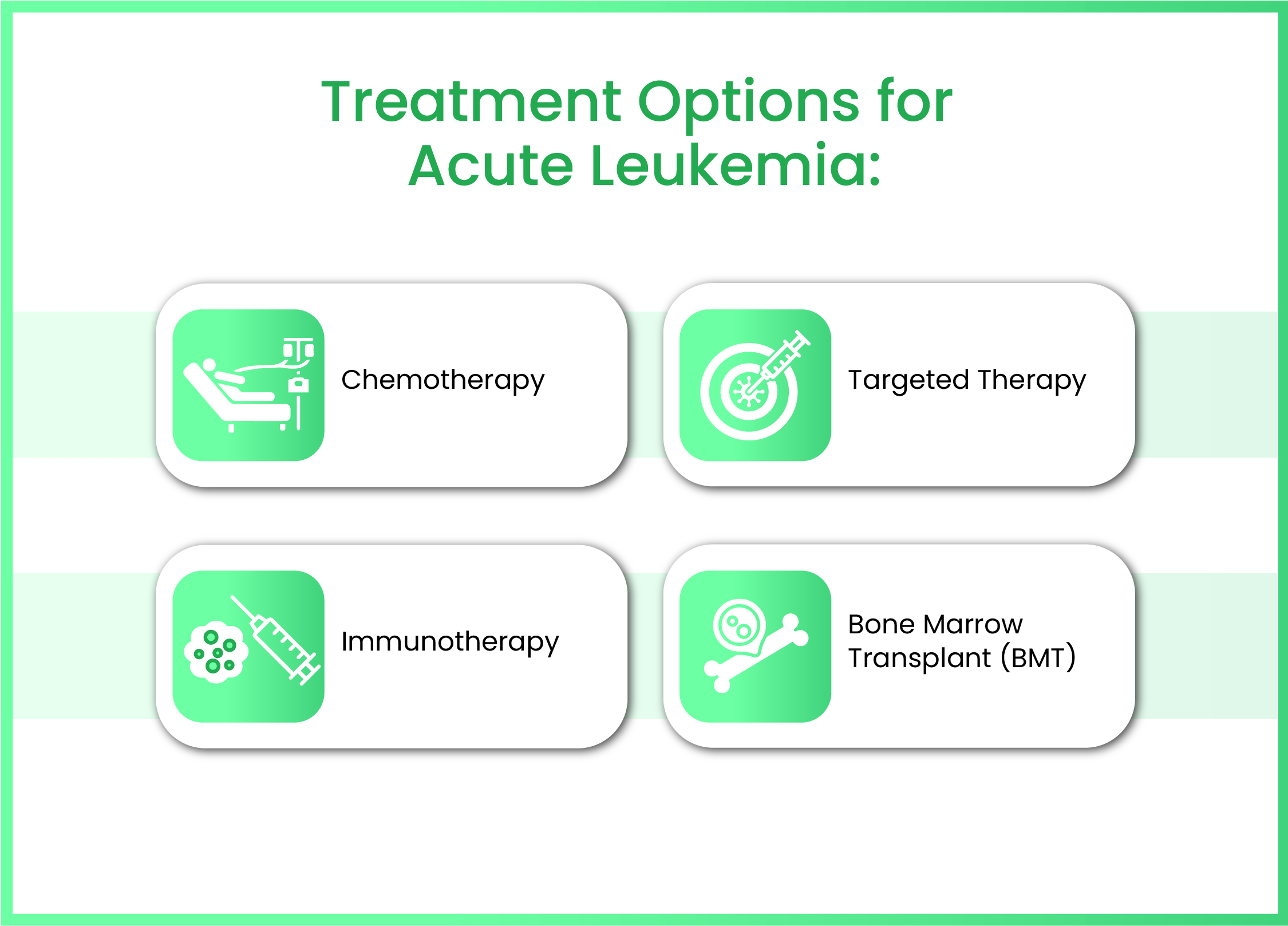
1. Chemotherapy
Chemotherapy is the primary treatment for acute leukemia. It uses powerful medicines to destroy cancer cells. Treatment is often given in phases:
- Induction: To kill as many leukemia cells as possible and bring the disease into remission.
- Consolidation: To destroy any remaining leukemia cells and prevent relapse.
- Maintenance (mainly in ALL): Lower-dose treatment to keep leukemia from returning.
2. Targeted Therapy
Some patients have specific gene mutations. Targeted drugs work against those mutations with fewer side effects than chemotherapy.
3. Immunotherapy
This therapy boosts the body’s immune system to recognize and destroy leukemia cells. It's becoming a powerful tool in modern leukemia treatment.
4. Bone Marrow Transplant (BMT)
For certain patients, especially those with high-risk or relapsed leukemia, bone marrow transplant may be recommended. It involves replacing the damaged bone marrow with healthy stem cells. Under the care of Dr. Reetu Jain, patients at Jaslok Hospital receive expert guidance on whether and when a transplant is needed.
- Autologous: Using the patient’s own stem cells
- Allogeneic: Using stem cells from a donor
This is a complex but life-saving procedure when performed under expert supervision.
Risks and Complications
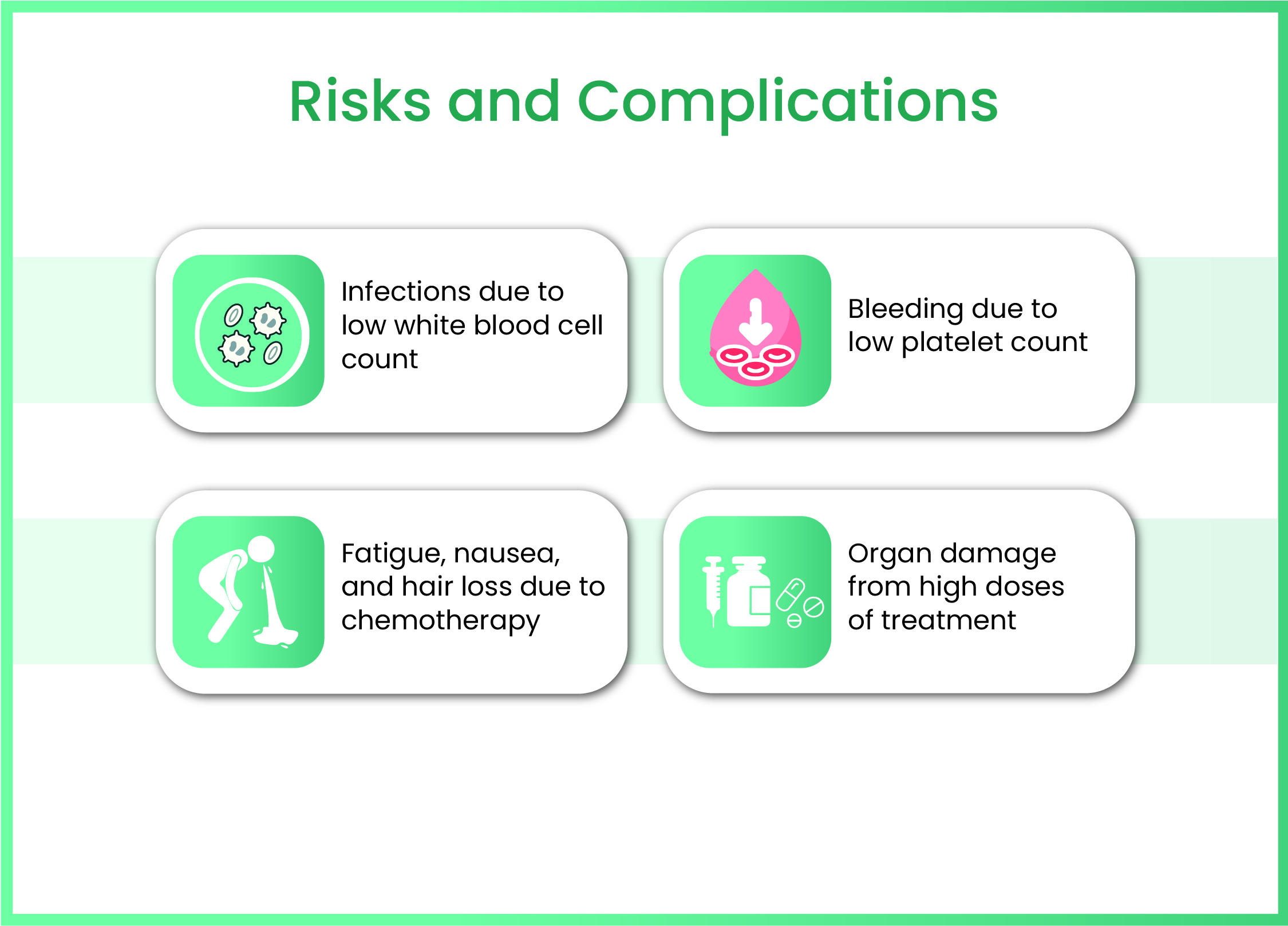
Like any serious illness, acute leukemia and its treatments carry risks:
- Infections due to low white blood cell count
- Bleeding due to low platelet count
- Fatigue, nausea, and hair loss due to chemotherapy
- Organ damage from high doses of treatment
However, many side effects can be managed effectively with timely support. The care team led by Dr. Reetu Jain, acute leukemia specialist in Mumbai, provides round-the-clock monitoring and supportive care throughout treatment.
Lifestyle Changes During and After Treatment
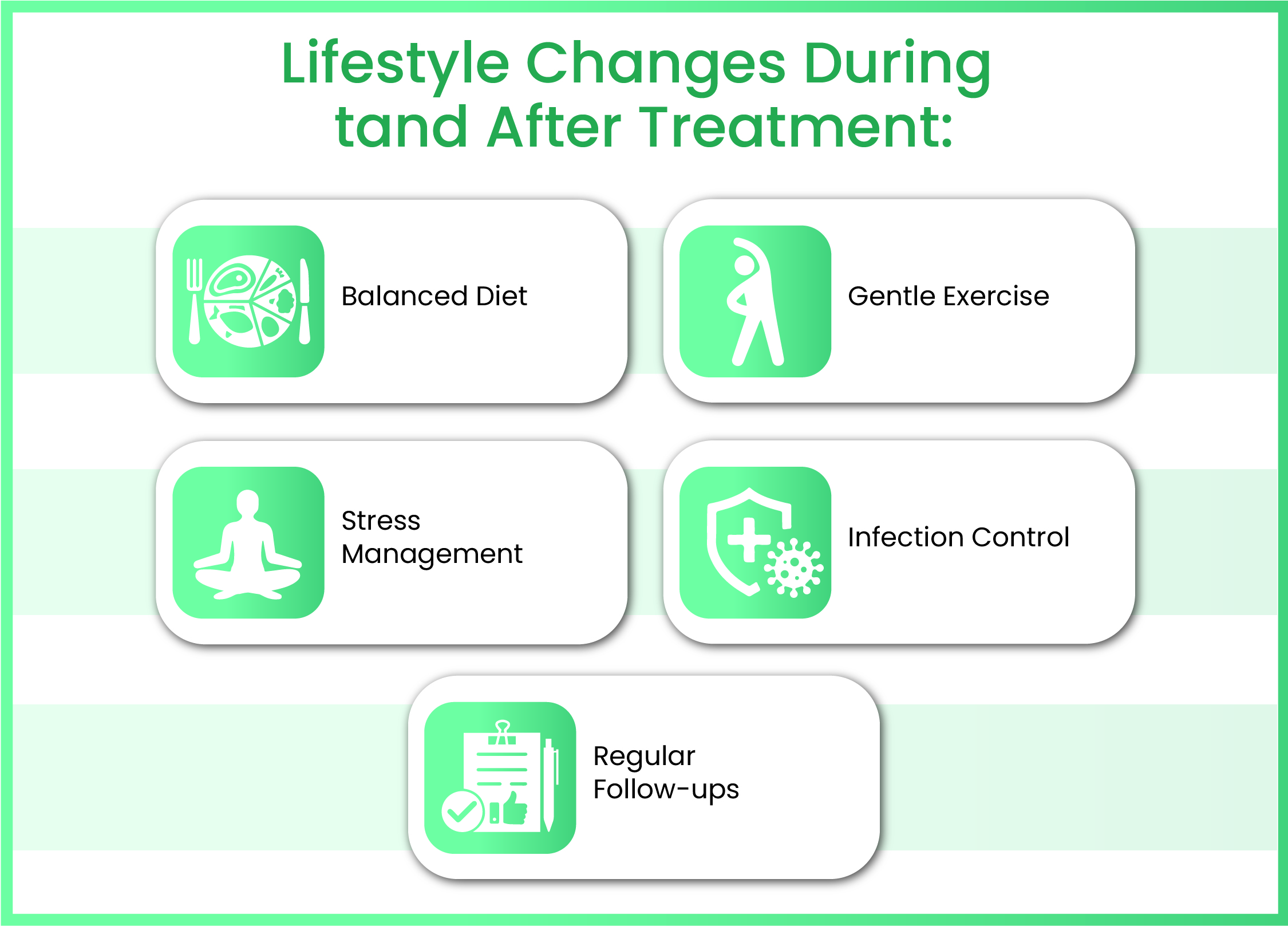
Living with and beyond acute leukemia requires a few changes in daily routine to support healing:
- Balanced Diet: Rich in protein, fruits, and vegetables to support immunity
- Gentle Exercise: Light walks or yoga can improve strength and reduce fatigue
- Stress Management: Meditation, journaling, or therapy can ease emotional distress
- Infection Control: Good hygiene and avoiding crowds help prevent infections
- Regular Follow-ups: Lifelong monitoring ensures any signs of relapse are caught early
When it comes to managing a serious condition like acute leukemia, experience and empathy matter. Dr. Reetu Jain, a senior consultant hematologist at Jaslok Hospital Mumbai, brings years of expertise in treating complex blood cancers with a patient-first approach.
Her commitment to providing personalized, evidence-based care makes her one of the best acute leukemia specialists in Mumbai. Patients appreciate her compassionate approach, clear communication, and focus on not just treating the disease but caring for the person behind it.
Facing a diagnosis of acute leukemia can feel overwhelming. But you are not alone. With the right medical guidance, modern treatment options, and emotional support, recovery is possible.
Frequently Asked Questions (FAQs)
Yes, many patients go into complete remission and live healthy lives, especially with early diagnosis and the right treatment.
It varies. Induction chemotherapy usually lasts a few weeks, followed by months of consolidation and maintenance therapy.
Yes. Children with ALL, in particular, have a very high cure rate with timely treatment.
Survival depends on the type of leukemia, age, overall health, and response to treatment. With modern therapies, survival has improved significantly.
Most cases are not inherited, but having a family history of blood cancers may slightly increase your risk. Some genetic syndromes also raise the chances. Genetic counseling can help evaluate your risk factors
Yes, many patients go on to live full, active lives after treatment. With regular follow-ups and healthy lifestyle choices, long-term survival and good quality of life are possible.
Some patients may experience fatigue, fertility issues, or heart and lung effects in the long term. Regular monitoring helps manage and reduce these risks.
No. Acute leukemia is a life-threatening condition that requires evidence-based medical treatment. While alternative therapies may support well-being, they should never replace proper medical care. Always consult your doctor before starting any complementary therapies.


